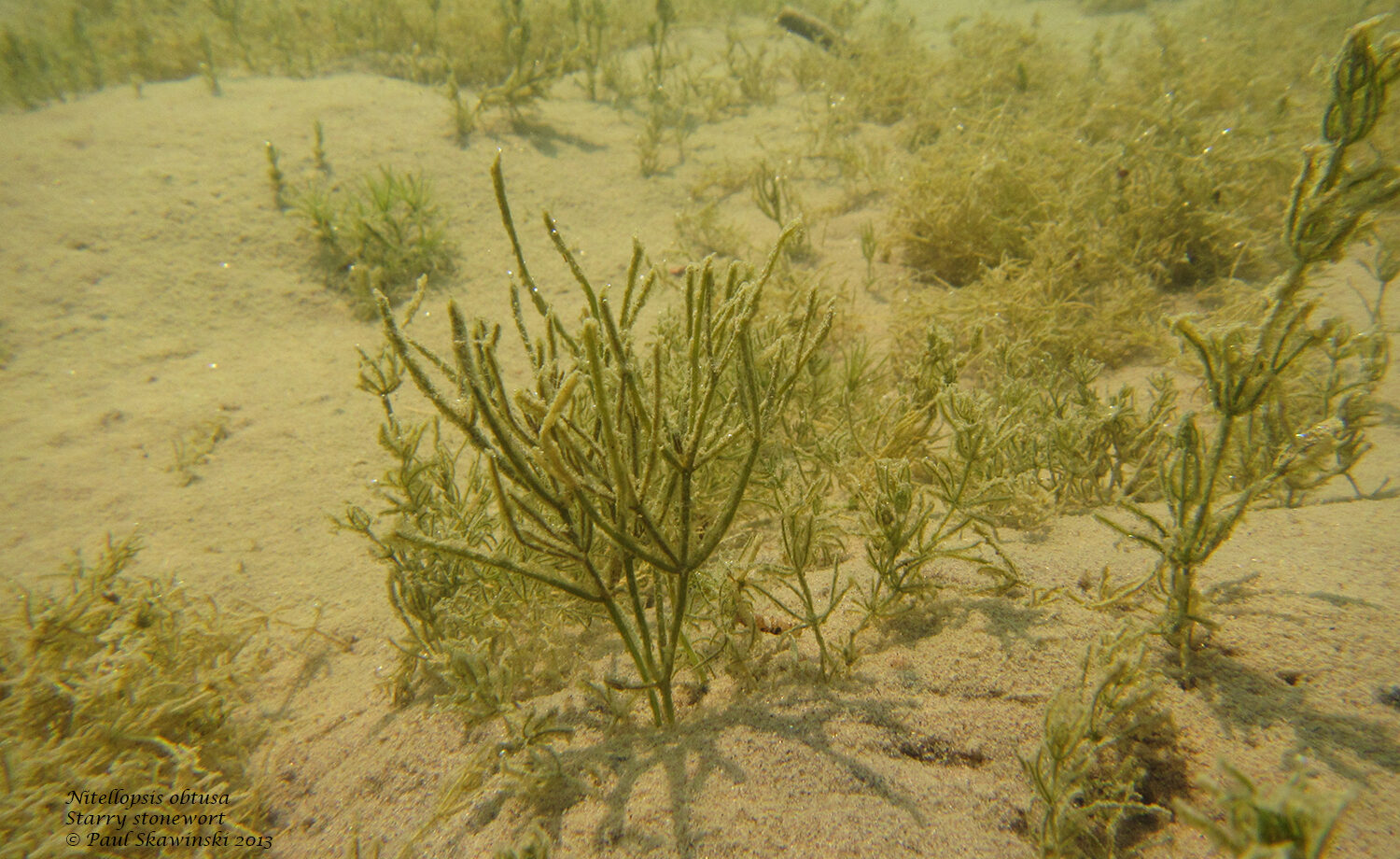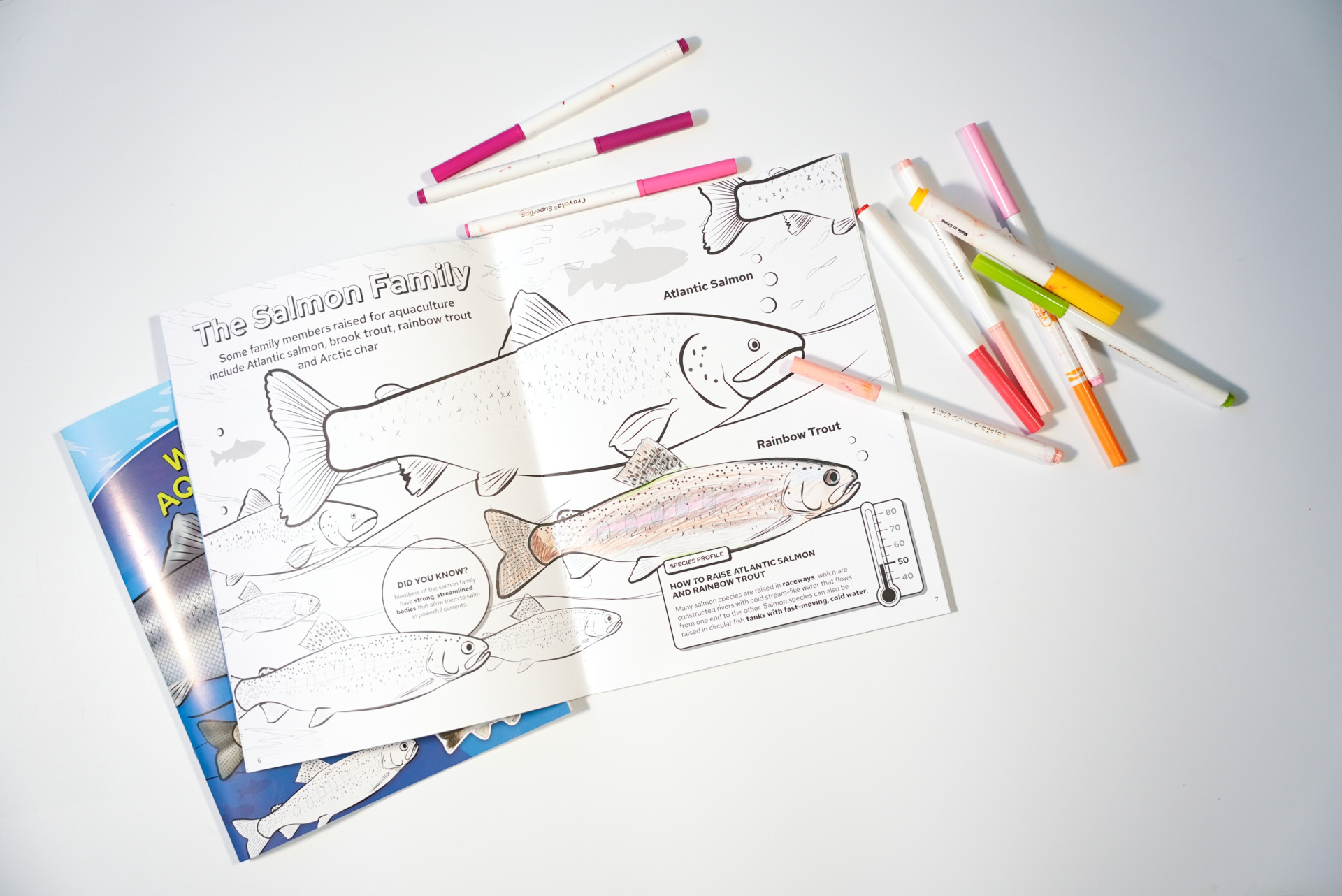When Jim Lubner arrived for his first day on the job with the University of Wisconsin Sea Grant Institute, he had no idea he’d be spending the rest of his career with the organization.
Looking back, he also admits he had no idea what to expect. The year was 1978, and he was both a nearly graduated graduate student and the first employee at the program’s new Milwaukee field office, located in the building that now houses the modernized UW-Milwaukee School of Freshwater Sciences.
And by “office,” we mean a half-height cubicle partition in the middle of a former loading dock.
“It was an attractive job,” remembered Lubner. “It was in Milwaukee. It was a chance to work at a place with a good research base, where I could be near to my family. But it was not a typical academic position. I was a Great Lakes biologist—where do you work? It was unusual to be able to think about working on the Great Lakes.”
Unusual is one apt word to describe the career Lubner, 64, has enjoyed with UW Sea Grant. Successful is another: In April, Lubner announced his retirement from the organization he’s spent 33 years serving, both as an outreach specialist and education coordinator. His tenure officially ends on June 2.
“UW Sea Grant would not be the organization it is today without Jim Lubner’s critical contributions,” said director Anders Andren, the man who named Lubner the organization’s first education director in 2003. “It’s very hard to imagine it without him.”
Right after he got the job, Lubner remembered telling one of his academic advisors at UW-Milwaukee about his new Sea Grant gig. The response? “Well, that’s okay… until a real job comes along. “
“I had more hope for it than that,” deadpanned Lubner.
It didn’t take long for his hope to be rewarded. Lubner quickly began taking advantage of seemingly small professional connections and opportunities that ended up making a big difference.
Within his first year, Lubner developed a connection that landed him with the U.S. Coast Guard Auxiliary, an affiliation that made it possible for him to implement a boating safety curriculum for young people and adults in the greater Milwaukee area. In the 1980s, Lubner was instrumental in working with the U.S. Coast Guard Marine Safety Office in Milwaukee to create easy-to-understand guidance on the rules and regulations for charter boat operators, and to implement a voluntary Coast Guard inspection program for their vessels.
“What we created then has a much larger footprint these days,” said Lubner. “But we actually piloted it right here in Milwaukee.”
Twelve years later, in 1990, Lubner remembers being visited by a man hawking what seemed at the time a crazy idea: Building a recreation of a nineteenth century Great Lakes schooner, a vessel Lubner would eventually use to help teach undergraduate students and teachers about the waters of Lake Michigan.
Later, Lubner landed a spot on the Milwaukee County Local Emergency Planning Committee. During reviews of hazardous materials planning documents, he noticed something troubling: Many of the city’s industries had no protective mechanisms in place to prevent toxic materials from flowing through the storm sewers and directly into Milwaukee’s lakes and waterways in the event of a chemical spill.
“Today, we don’t even need to ask the question,” said Lubner of the safety covers that are now routinely provided for the drains. “For me, that committee service has been one of the most rewarding things I’ve done. Sometimes, these little things end up having a big influence.”
Lubner is grateful for the ways UW Sea Grant has supported him over the years, beginning with then-director Bob Ragotzkie’s urging that he use the organization’s resources to wrap up his unfinished graduate thesis on an important component of the Lake Michigan benthos. “The key to Sea Grant has always been about people and connections,” Lubner said. “We’ve had less rigidity and a lot of support over the years.”
In another of his proudest professional accomplishments, Lubner also became a mentor for the Marshfield High School National Ocean Sciences Bowl (NOSB) team that made history by winning NOAA’s academic science contest three years in a row, from 2009-2011. One of his final official acts with UW Sea Grant will be representing UW Sea Grant at a marine educators’ conference in Boston in June.
Lubner holds adjunct academic status with the new and improved UW-Milwaukee School of Freshwater Sciences, a gig that will allow him to maintain a presence in his soon-to-be-old stomping grounds. He’s also hoping to remain involved with the annual Lake Sturgeon Bowl, the regional competition that feeds into NOSB. And, of course, spend some time camping, hiking and traveling with his wife Linda.
“I’m proud of the fact that I finished that degree,” reflected Lubner. I’ve had so many opportunities to travel to interesting places, lakes and oceans and to work with so many amazing people. It’s been an absolutely wonderful career.”





